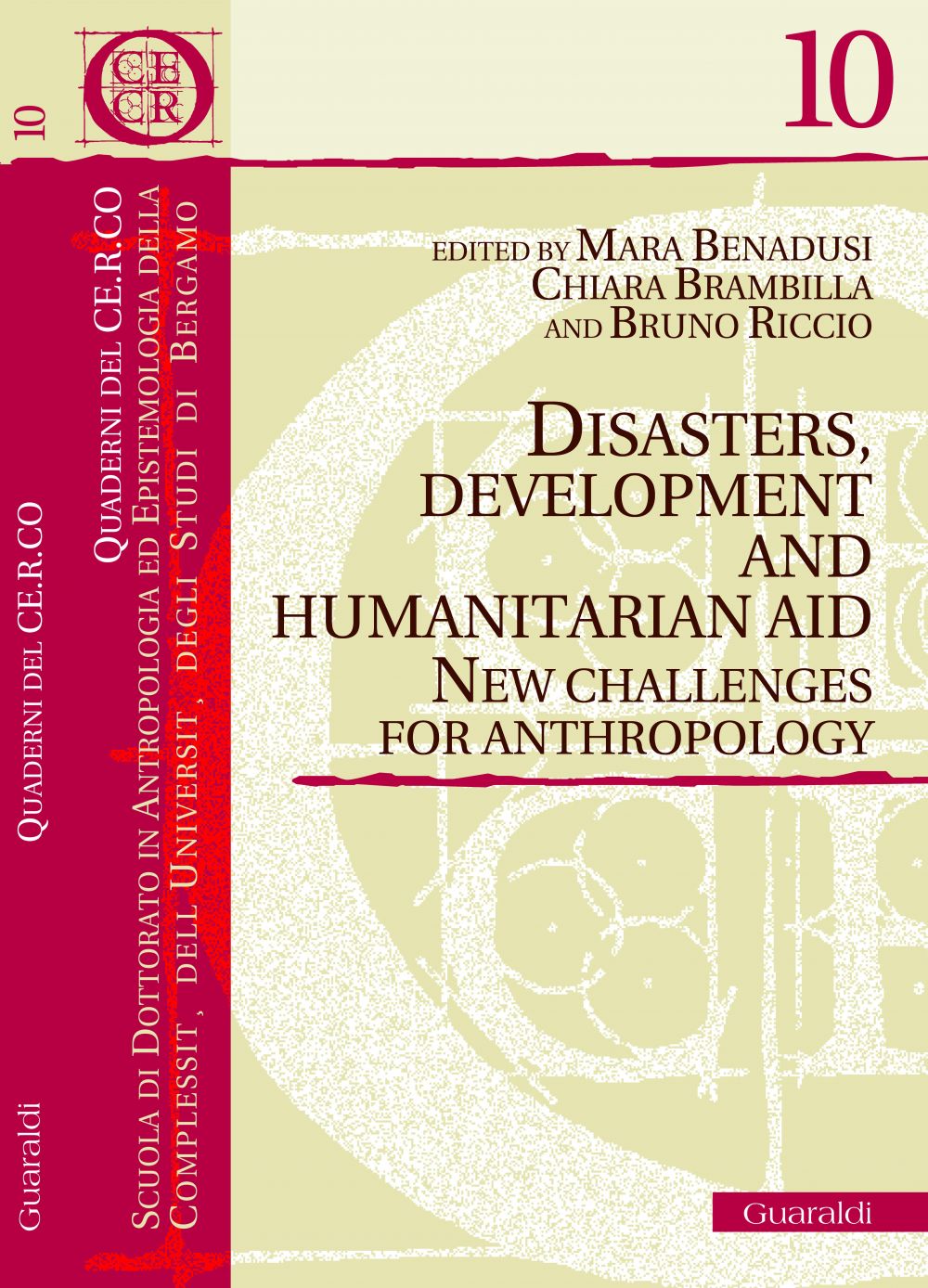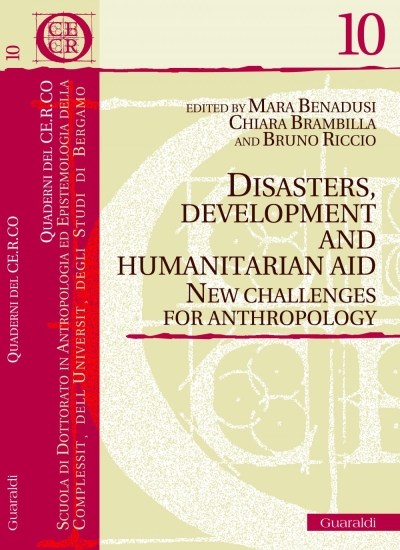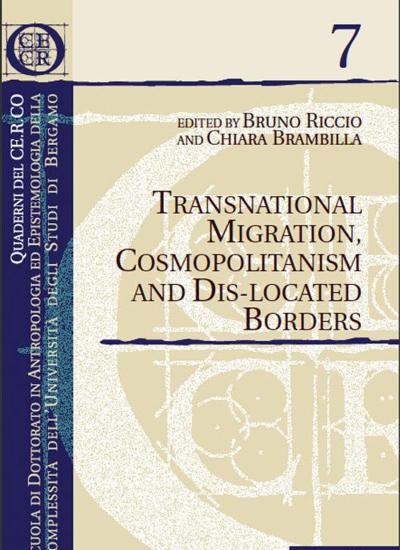Beschreibung
This tenth issue of the CE.R.CO.’s Quaderni stems from an international conference held at Bergamo University in 2009 and attempts to overcome the customary “division of labour” separating development-related issues from those concerning emergency. Despite different purposes and temporalities of action, emergency and development have in a certain sense become hybridized and juxtaposed, if not at a programmatic level, then often in the contexts where the intervention takes place. This volume is intended to accompany, from an anthropological perspective hinging on the experience of fieldwork, the process of translating into practice styles of intervention and action strategies that are rapidly making headway in the field of international aid. The scholars involved in the conference made an in-depth analysis of several issues: the dynamics underlying the “regime of exception” that characterizes current humanitarian emergencies; the political, cultural, and emotional processes that trigger disastrous circumstances when human communities are caught in vulnerable positions; the evolution of cooperation policies as an attempt to respond to criticism of Development advanced by both academics and practitioners ‒ such as South-South cooperation, decentralized cooperation, or the use of home town associations, migrant remittances and microcredit programmes as engines of local development. In the light of these considerations, the volume wishes to highlight the opportunity to move from what has been labelled “anthropology of development and humanitarian aid” to what can be named “anthropology on public services”.








